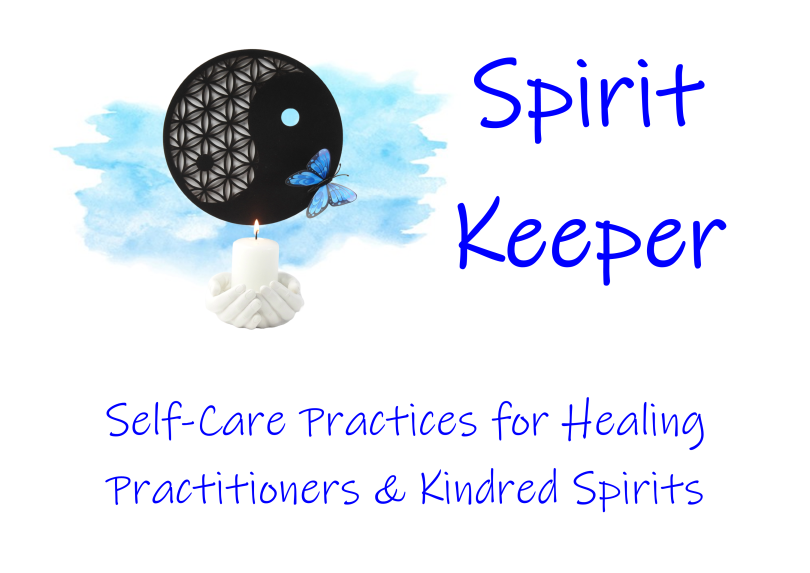Welcome, to Health & Wellbeing Magazine’s Spirit Keeper monthly column. This is the place where you will discover tips and practices for creating, developing and maintaining a personalised self-care practice.
If you are new to this month’s Spirit Keeper column, I recommend reading past articles to learn more about your specific secret learning code and how this can impact a dedicated sacred self-care practice.
In this month’s column, we are going to continue to look at how your secret learning code can be used to choose appropriate self-care practices which promote the integration of mind, body, spirit and soul. This month we are going to focus on the importance of regular movement as a self-care practice.
What is Movement?
The best way to understand movement is to look at how it is defined in the dictionary.
- The act of moving: change of posture or place.
- The act of moving: transference by any means.
- The act of moving: natural or appropriate motion.
- The act of moving: progression and advancement.
- The act of moving: motion/flow of mind, feelings and emotional states.
- Manner of moving: slow, quick, sudden,
- Rhythmical progression: pace and tempo (music)
- Science–mechanics: a mechanism for transmitting motion
- Science–medicine: movement of bowels.
Change is the word we use to describe the movement from one state to another, whether it is physical, mental, emotional or spiritual.

Transformation is the word we use to describe the movement from one state to another. Transformation is also about embracing new habits whether it is physical, mental, emotional or spiritual.
Transformation within mind, body and spirit is dependent upon an individual’s ability to contemplate, reflect, release and put into action (movement) new habits within a daily routine.
Benefits of Embracing Movement as a Self-Care Practice
Activity is the description I would use to describe movement within mind, body and spirit. Any activity (i.e. self-care practice) which is done regularly, will compound specific benefits.
Compounded Benefits of Physical Activity
- Physical exercise contributes to the prevention and management of non-communicable diseases (e.g. heart disease, cancer, diabetes). Physical exercise is also known to help emotional dis-ease by reducing symptoms of anxiety and depression.
- Physical exercise is known to enhance brain health.
- Physical activity is often said to improve overall wellbeing.
Compounded Benefits of Emotional Regulation Activity
- Empowers individuals to effectively manage their emotions leading to a sense of emotional balance.
- Makes it easier to withstand stress and manage life’s challenges with greater adaptability and resilience.
- Contributes to better mental health and reduction of anxiety and depression.
- Equips individuals with healthy coping mechanisms for the management of adversity and stress.
- Helps individuals avoid substance abuse, impulsive behaviours and avoidance of unhealthy situations.
- Promotes heightened self-awareness allowing an individual to acknowledge and identify their feelings in real-time which leads to better self-management and decision making.
- Improved interpersonal relationships which create intimacy and meaning and better conflict resolution.
- Improved interpersonal relationships due to individuals having increased empathy, ability to communicate more calmly and assertively as appropriate.
- Positively influences enhanced cognitive functioning. Allows individuals to think better, concentrate, reflect, release and make sound judgements.
- Positively influences enhanced cognitive functioning with improved problem-solving skills and decision-making abilities.
Compounded Benefits of Committed Spiritual Activities
- Supports personal growth and wellbeing.
- Improved and enhanced mental clarity by engaging in regular mindfulness exercises, meditation and contemplation.
- Enhanced mental clarity leads to better problem-solving skills as well as fostering creativity, innovative ideas and solutions and inspiring beauty within the environment.
- Cultivates emotional resilience by helping individuals process their emotional states and feeling more effectively.
- Cultivates self-awareness of emotional triggers and developing healthy coping strategies for the challenges of daily life.
- Provides an effective outlet for stress relief. Practices like contemplation, meditation, mindfulness, qi gong, tai chi and yoga activate the body’s relaxation response lowering levels of cortisol within the body.
- Improved sleep, lowered blood pressure and enhanced immune function.
- Encourages individuals to explore deeper questions about existence, meaning and purpose. Leading to increased motivation and general feelings of fulfilment in life.
- Improved relationships due to developing emotional intelligence and developing qualities such as compassion, empathy, forgiveness, kindness and patience. Attributes which are vital for healthy relationships (personal, community and global).
- Promotes community involvement and connection with like-minded individuals leading to a stronger sense of community and belonging.
- Being part of a supportive community who provide support and encouragement during challenging times.
- Increased self-awareness through practices such as journalling and contemplative prayer.
- Increased self-awareness leading to improved self-discipline and accountability for personal actions.
- Increased self-awareness leading to individuals becoming conscious of how their choices affect the lives of others around them as well as their own.
- Fosters continuous learning and personal growth by embracing the healing and spiritual journey of what it means to be a spiritual being having a human experience.
- Regular engagement in physical exercises promotes improved flexibility, strength, balance and cardiovascular health.
- Develop heightened awareness of beauty. An attitude of gratitude and a greater appreciation for life and the interconnectedness of life through all levels of nature.
You will observe that the benefits of spiritual activities are greater than the list of benefits under physical or emotional activities. I found this to be curious and immediately began to contemplate on “why is this?”.

The answer I have come up with is this: mystery always precedes science. Science explains the mysteries of life. Spiritual activities focus on the mystery of life and what it means to be human and spiritual at the same time.



